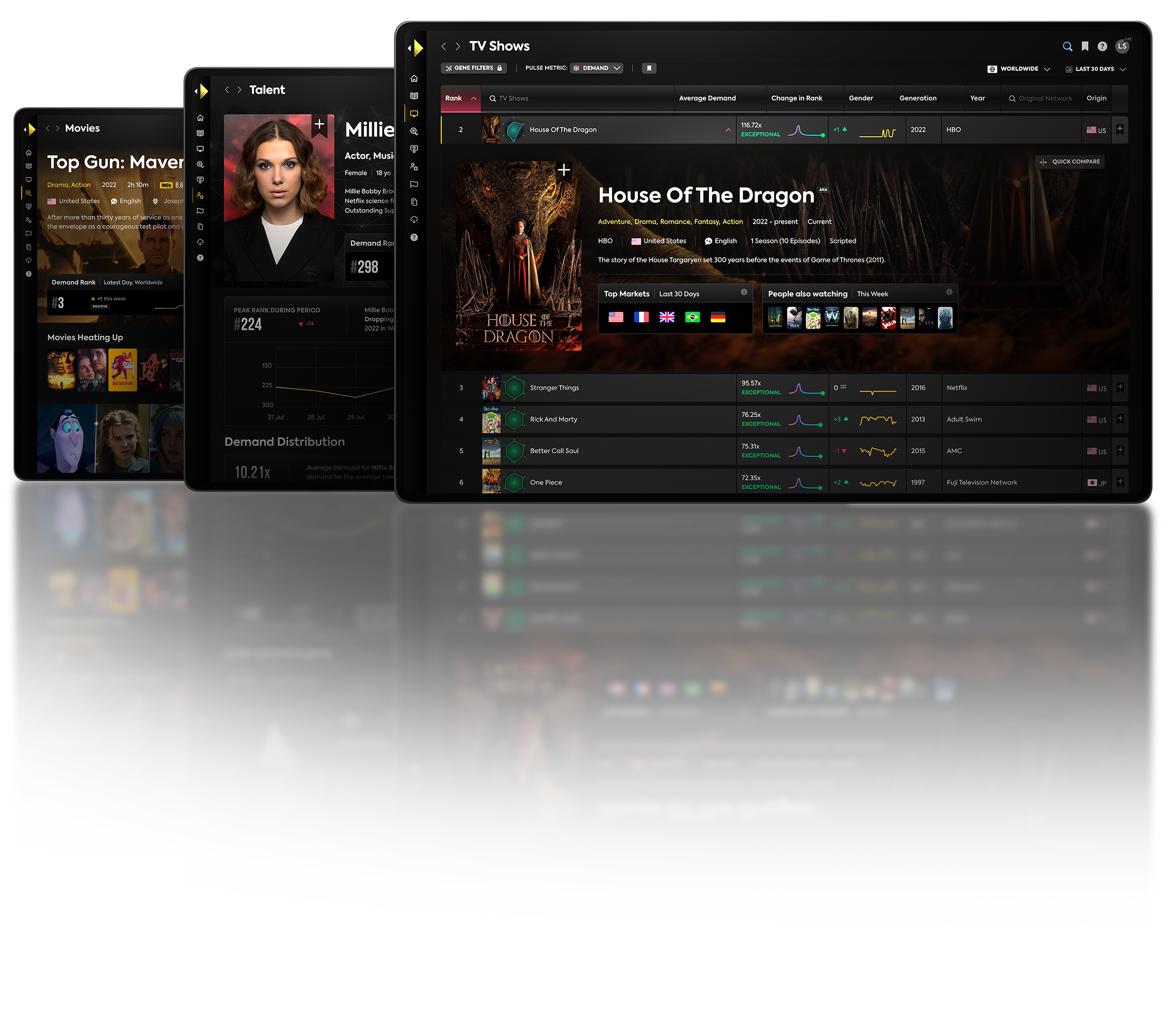2020, one could argue, was the year of the binge. The practice of platforms releasing entire seasons of television at once, and audiences consuming them in hours-long bursts, was almost a decade old by the time the pandemic struck. But with the onset of lockdown, the average subscriber had more time than ever to watch TV—and in the absence of dining out or travel, often more disposable income, too.
The effect was obvious in the numbers. Netflix, the company that popularized the binge watch and remains its most ardent evangelist, added 37 million subscribers in 2020, a record figure that pushed its global tally past the 200 million mark. Wall Street responded accordingly, boosting the share price by roughly two-thirds over the course of the year. But there were less tangible signs, too. With productions on hiatus, competitors without Netflix’s scale of output conserved their resources, allowing the streamer to dominate a zeitgeist less crowded by competition from other services. Titles like Bridgerton, The Queen’s Gambit, The Crown, and, of course, Tiger King surged to the forefront, packaged in blocks and raced through in sprints.
Visit The Ringer to read this article.



